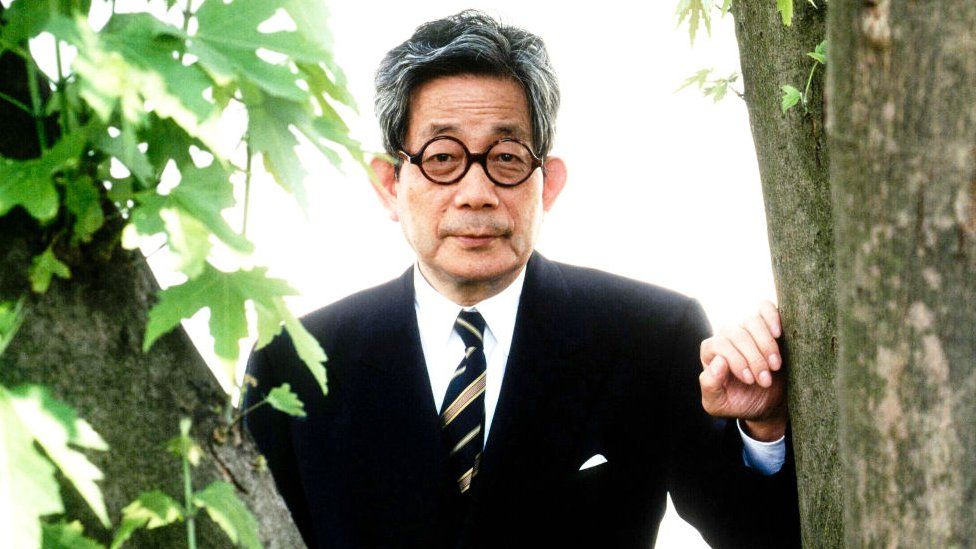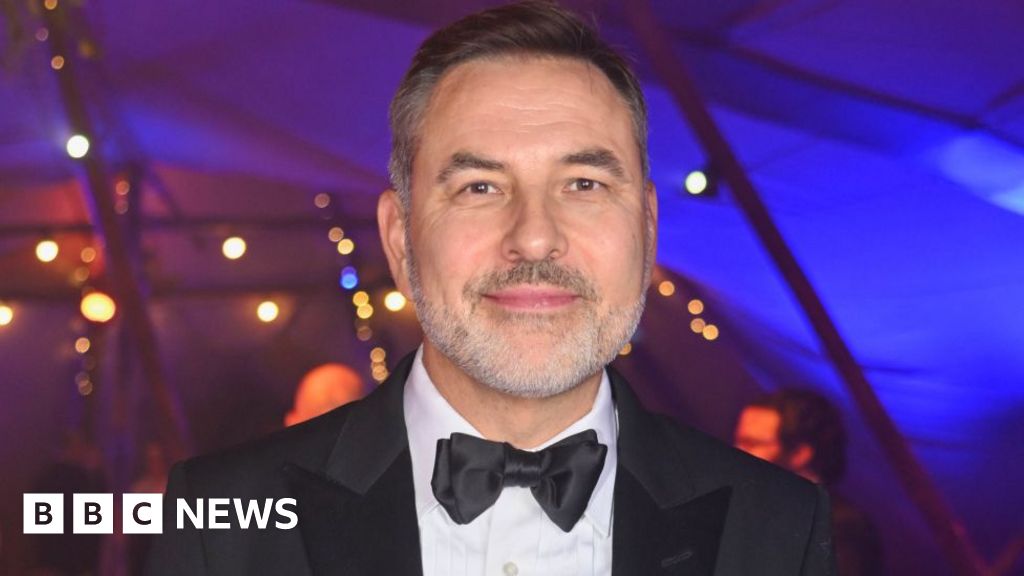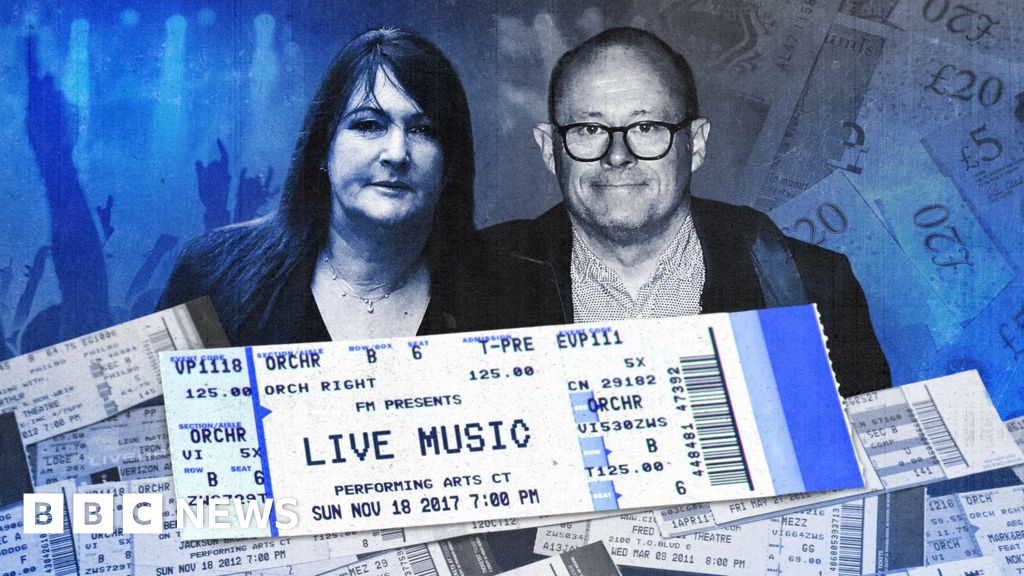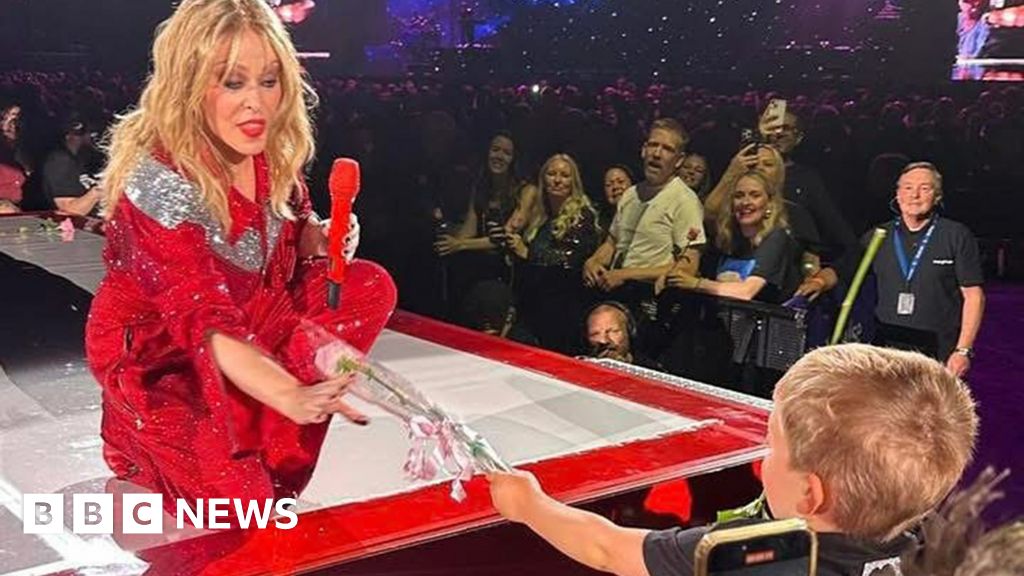ARTICLE AD BOX
 Image source, Getty Images
Image source, Getty Images
The author's best-known works include Hiroshima Notes and The Silent Cry
The Nobel Prize-winning Japanese author Kenzaburo Oe has died at the age of 88.
Strongly influenced by French and American literature, he was known for his powerful accounts of the atomic bombing of Japan and coping with his son, who has learning difficulties.
He won the Nobel Literature Prize in 1994, with judges praising his "darkly poetic" novels for their "disconcerting picture of the human predicament".
His death, on 3 March, was due to old age, his publisher Kodansha said.
Born in a village on Japan's southern island of Shikoku, Oe came from a family of wealthy landowners who lost most of their property due to a land reform imposed after the Second World War.
Oe was 10 when the war ended, and his early life was overshadowed by the conflict.
At school, he was asked if he was willing to die for the Emperor every day, and he remembered feeling shame in bed at night when he decided that he wasn't.
After Japan's surrender in 1945, he became fascinated by the democratic principles espoused by the occupying forces, and later became a fierce critic of what he called Japan's military and economic aggression.
"The humiliation took a firm grip on him and has coloured much of his work," the Swedish Academy said. "He himself describes his writing as a way of exorcising demons," with his novels frequently depicting a world knocked off its axis by dark, disturbing forces.
Image source, Getty Images
Image caption,Oe was a fierce critic of post-war consumerism in Japan
Oe entered the University of Tokyo in 1954, where he studied French literature and began writing plays.
By the time he graduated in 1959, he had already made his literary debut with The Catch, about an American pilot who was shot down and imprisoned by rural Japanese villagers.
The story won the prestigious Akutagawa prize for new writers, with Oe hailed as the most promising young writer since Mishima Yukio. It was later turned into a film by Nagisa Oshima.
He attracted international acclaim in the 1960s with Hiroshmia Notes, a selection of essays about the victims of the atomic bomb, and the valiant efforts of those who cared for them.
At his request, it was published on the same day as Kojinteki-na taiken (A Personal Matter), a darkly humorous account of a new father's struggle to accept the birth of his brain-damaged child.
It was inspired by his own life. In 1963, Oe's son Hikari was born with a brain hernia and the ensuing surgery left him with learning difficulties.
He said the two books were inextricably linked.
"I wanted to re-construct myself, my family, so I wanted to consider the Hiroshima people who wanted to re-construct their lives after the disaster," he explained.
"I was always encouraged by the doctors at Hiroshima fighting against their death."
As a teenager, Oe had become deeply involved in the radical student movement, and his writings often angered the political establishment.
The murder of the Chairman of Japan's Socialist Party in 1960 by a right-wing youth inspired two short stories, which drew heavy criticism and threats of violence from right-wing organizations.
He was also sued for defamation over a passage in Okinawa Notes, in which he asserted that thousands of people had been coerced into suicide by the Japanese military at the end of World War Two, by telling them that advancing American troops would rape, torture and murder them.
The long trial was seized upon by right-wing politicians who wanted references to the military's involvement erased from school text books. But a judge ultimately concluded in Oe's favour in 2011, ruling that: "The military was deeply involved in the mass suicides."
Writing about dignity
Oe once declared that Japan was, morally, a third-world country, and called his style a rebellion against "the sacred territory" of other Japanese writers, such as Junichi Tanizaki, Yasunari Kawabata and Yukio Mishima, "who reflect beauty and power of which Tokyo is the centre".
His vivid, aggressive works often highlighted the struggles of rural Japan, notably in The Silent Cry, an existentialist novel which tells the story of two brothers returning to their ancestral home after decades of separation.
Against a backdrop of personal crises, one brother leads a rebellion against "the Emperor of Supermarkets," a Korean brought to Japan as a slave during the War, who wants to buy the family's property; while the other picks apart the secrets of his own family's past.
"At first glance it appears to concern an unsuccessful revolt, but fundamentally the novel deals with people's relationships with each other in a confusing world in which knowledge, passions, dreams, ambitions and attitudes merge into each other," said the Nobel Academy.
In later years, the theme of redemption became more prevalent in his work. At around the same time, his son overcame his early difficulties and established himself as a successful composer.
Oe said that ultimately his writing was focused on a single concern. "I am writing about the dignity of human beings," he said.
Image source, Getty Images
Image caption,The writer organised a massive anti-nuclear rally in Tokyo 10 years ago
He was nominated for the Nobel prize more than once, eventually winning in 1994.
"Each time my name was mentioned, I thought it was a joke," the Japanese novelist said.
When the honour came, he said the reaction was "total surprise", adding: "I'm a person who writes novels, and at the same time I'm a person who reads..
"I'm happy I was chosen."
His Nobel Prize was followed by Japan's Order of Culture, but he refused to accept it because it was awarded by the Emperor, saying: "I do not recognise any authority, any value, higher than democracy."
After the 2011 Fukushima nuclear accident, his opposition to the technology grew even stronger. He said Japan had "a sacred duty" to renounce nuclear power, and staged a mass rally in Tokyo in 2013.
The author was married to Yukari, the sister of late film director Juzo Itami, noted for his satires of modern life, in 1960.
As well as Hikari, he leaves a daughter Natsumiko, and another son, Sakurao.

 2 years ago
37
2 years ago
37








 English (US) ·
English (US) ·